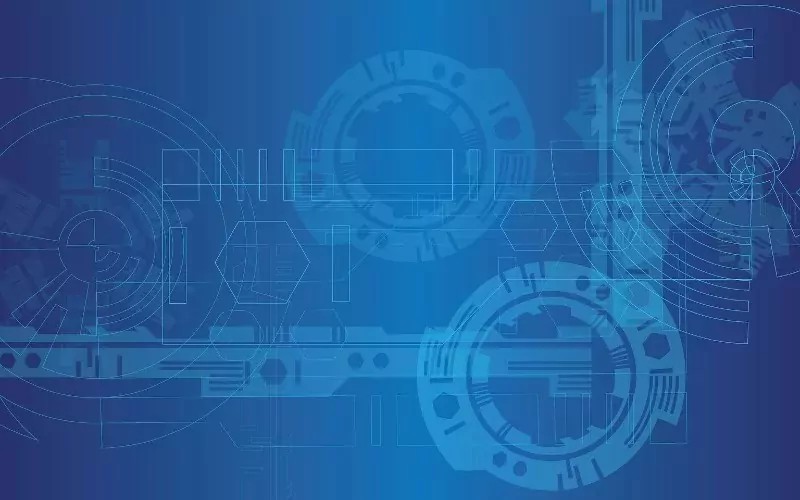Universities globally are on the brink of a technological transformation, thanks to intelligent buildings. These advancements promise to redefine how institutions manage their resources.
Leveraging cutting-edge software, universities can now optimise space utilisation, enhance scheduling, and improve overall efficiency. The future of academia is being shaped by these innovations, presenting new opportunities for growth.
A pioneering Dutch company, Lone Rooftop, is set to significantly transform how universities manage their facilities through their advanced cloud software. By leveraging the Position Intelligence Engine, these institutions can optimise the use of space. Existing Wi-Fi networks anonymously source location data, which enhances the understanding of space utilisation. Many universities face the challenge of reaching their teaching capacity, and this technology offers a compelling solution.
Lone Rooftop has collaborated with Scientia, a leader in higher education resource management, to deliver its innovative solutions to a broader audience. With over 450 clients across six continents, including prestigious institutions like Regent’s University, Scientia is well-placed to roll out this technology globally. This partnership offers universities an unparalleled opportunity to synchronise their scheduling and room bookings with real-time data, enhancing operational efficiency and cost-effectiveness.
The Position Intelligence Engine provides valuable insights into how space is utilised in real-time. Fred Jonker at Wageningen University & Research highlights how the technology identifies underutilised lectures and ‘no-shows’. He emphasises the benefits of instantly accessing information on attendance patterns. This capability allows institutions to better align their resources with actual demand.
Jonathan Armstrong from Scientia notes the significant cost and space savings achieved through addressing discrepancies in planned versus actual class sizes and durations. By facilitating more lectures and accommodating more students without expanding the physical space, universities can enhance their educational offerings. Such efficiency gains could play a pivotal role in supporting growing student populations.
Lone Rooftop’s CEO, Marcel Lamers, envisions intelligent buildings that adapt dynamically to the real-time location of people. The implications extend beyond academic settings, promising advancements in facilities management, security, climate, lighting, and energy management. The seamless integration of technology in managing university spaces represents a forward-looking approach to sustainability and operational excellence.
Wageningen University & Research serves as a testament to the effectiveness of Lone Rooftop’s solutions. The institution benefits from immediate insights into the utilisation of lectures, allowing for precise adjustments to timetabling. The streamlined access to data supports strategic planning and enhances the overall learning environment. Such innovations underscore the practicality and impact of embracing intelligent building technologies.
As universities strive to stay ahead in a competitive educational landscape, implementing intelligent building solutions positions them favourably for the future. The ability to optimise existing resources while accommodating more students is a game-changer. Institutions that adopt these technologies today pave the way for sustainable growth and enduring success.
Intelligent building technologies are set to revolutionise university operations. By optimising resources and enhancing sustainability, these solutions ensure institutions remain at the forefront of modern education. The future is bright for those embracing such innovations.


